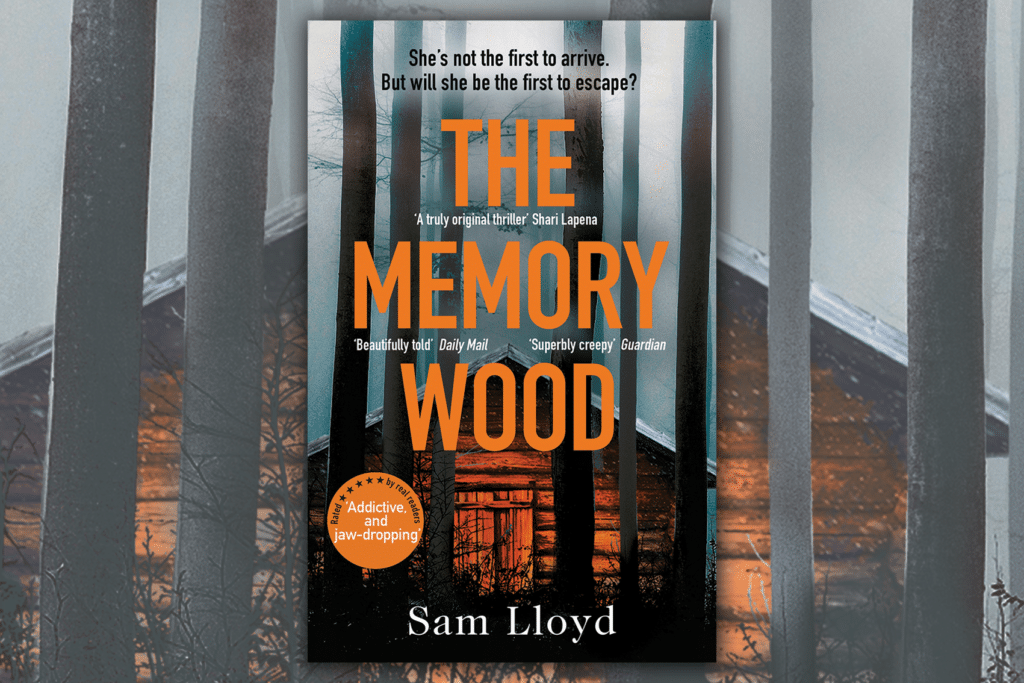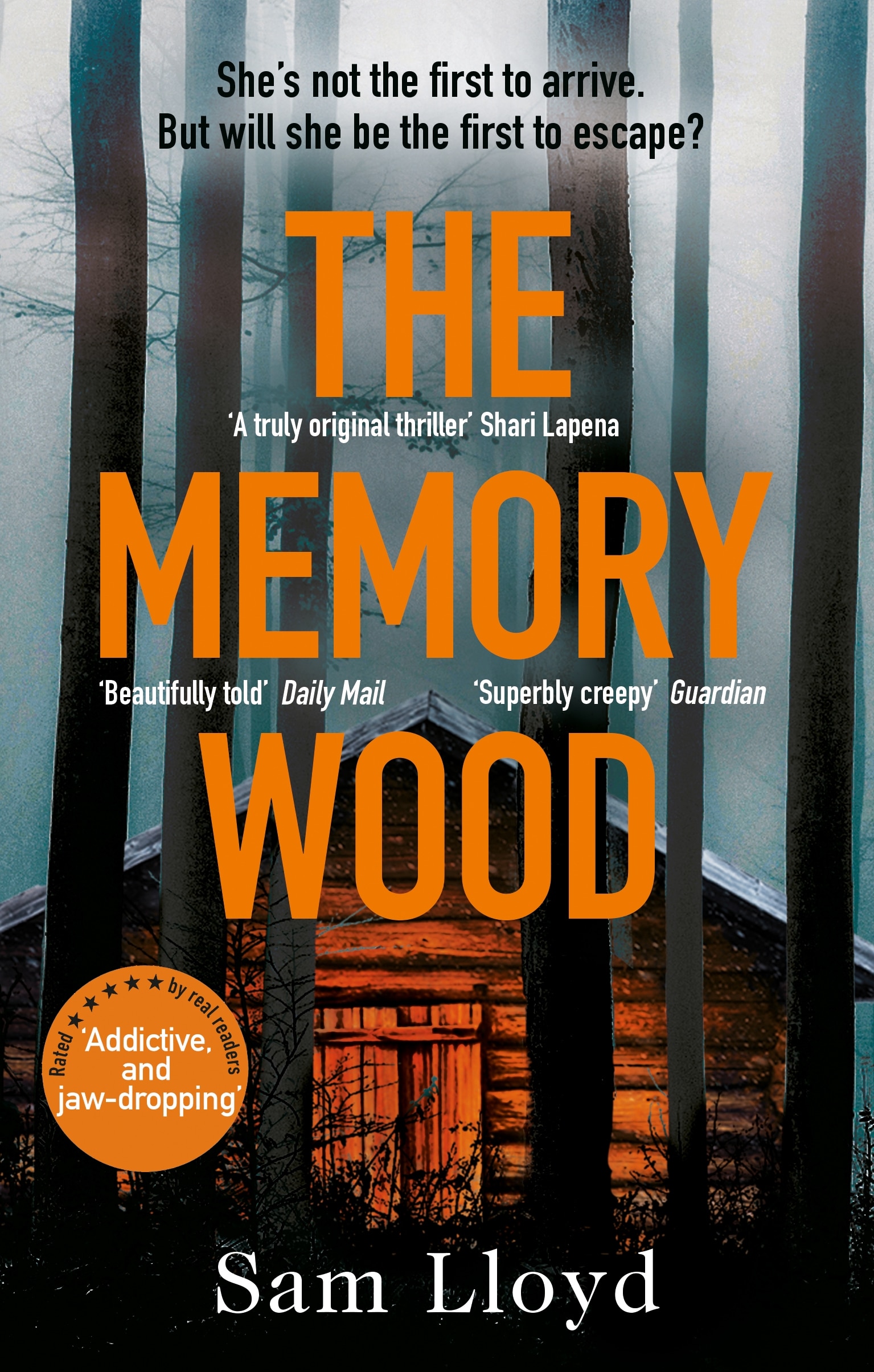Books
Dear Reader: a letter from Sam Lloyd
It started just after our first child was born. I’d catch my wife staring into the middle distance, looking faintly troubled. When I asked her what was up, her answer was always the same. She’d imagined some nightmare scenario involving our son – and was busily planning how to save him.
Hallway fire while he slept in his cot upstairs? Douse herself in water, battle through the flames and carry him out onto the extension roof.
Home invasion by multiple attackers? Retreat to the kitchen, tool up with Sabatier knives and fight a bloody pitched battle in the hall.
One night, in bed, I mentioned that we lacked a defence against attackers swarming up the stairs. Rolling her eyes, she indicated the bronze candlestick lamp bases, newly purchased, on our side tables. They would, she explained, make excellent bludgeoning weapons.
Thankfully, a decade on, there isn’t a single spot of blood on those lamp bases. No hair, brain tissue or fragments of skull. My wife’s anxiety lasted a matter of months. But the episode stuck in my mind.
Two years ago, my son reached the finals of a national chess tournament. One Saturday morning, I drove him to the secondary school that was hosting it. The scene that greeted us was lively and chaotic: hundreds of parents, hundreds of kids. We registered quickly and checked out the lists. Then, before the matches began, I joined the stream of parents filing out of the hall.
Some waited in the cafeteria. Others sat on the cricket pitch, or nipped out to buy coffee. And, because I’d forgotten my book – and perhaps because of the seed planted years earlier by my wife – I began to consider how easily a determined stranger might abduct a child from the venue.
As the tournament progressed, I pondered more questions.
What if a child were abducted? And what if, far from helpless victim, that child possessed an intellect greatly surpassing its abductor’s? What if this life-or-death struggle became one not of physical strength but of ruthless psychological cunning?
I already had my crime scene. Pretty soon, I had my protagonist: thirteen-year-old chess prodigy Elissa Mirzoyan, a quietly precocious girl who wakes underground after being snatched on the most important day of her life. Something else intrigued me about Elissa as her character became clearer. Her determination to survive the coming ordeal wouldn’t be driven by mere instinct. It would come from a flat-out refusal to leave her mum alone in the world, and would be tempered by a ferocious hunger for vengeance.
Plotting a novel, for me, always feels more like a process of investigation than invention – the slow reveal of a dirt-covered mosaic. And as I teased out more of this story’s individual tiles, I learned something even more compelling about Elissa’s plight. While engaging her abductor in increasingly dangerous mind games, she’ll face a separate threat even harder to navigate.
It’ll come in the form of a frail young boy, Elijah North, who discovers her subterranean prison while playing in his local woods. Steadily, Elissa will gain Elijah’s trust. But when she persuades him to raise the alarm, he’ll return with a tale too outlandish to be credible.
More of the mosaic revealed itself, at which point I learned something about the story that knocked me flat. And then I had to write the book, just to find out how it ended.




Please note: Moderation is enabled and may delay your comment being posted. There is no need to resubmit your comment. By posting a comment you are agreeing to the website Terms of Use.